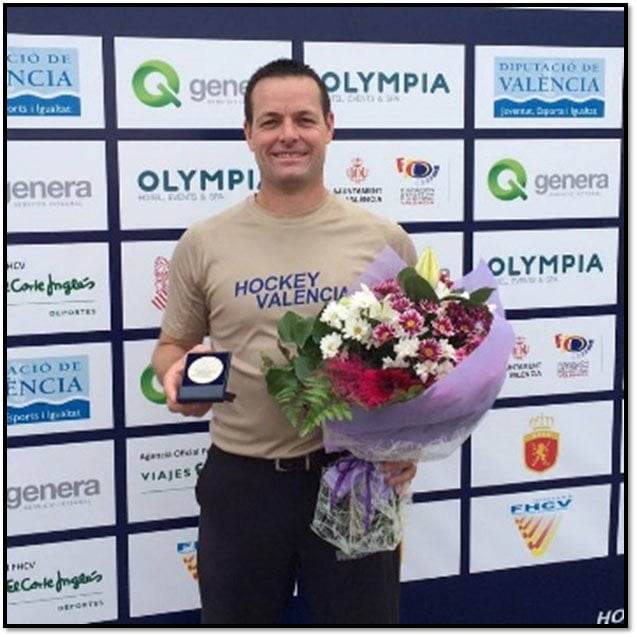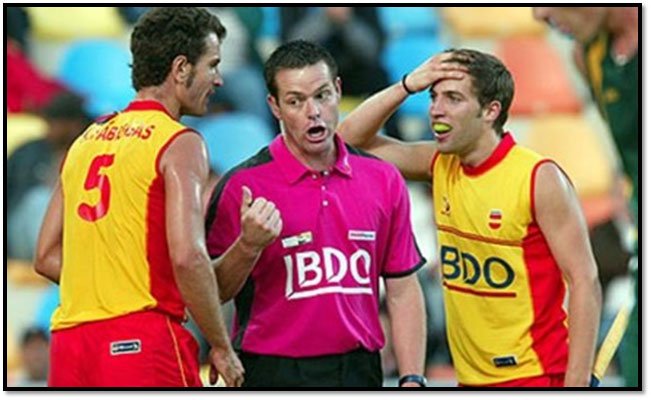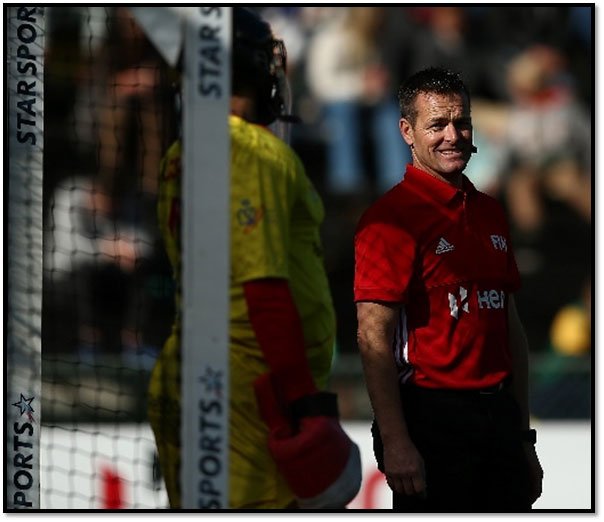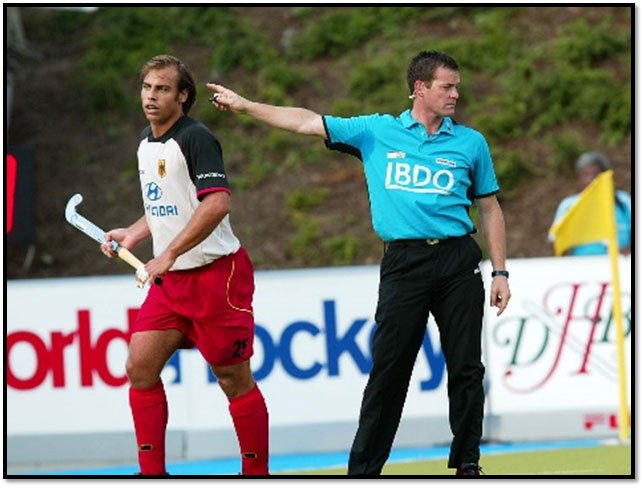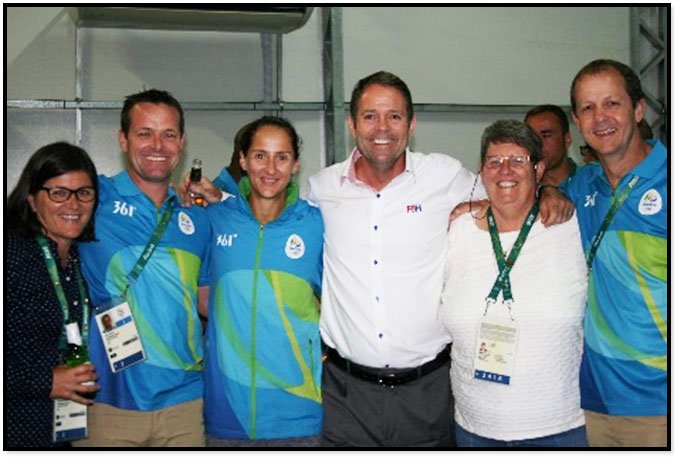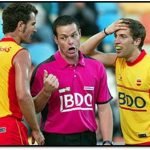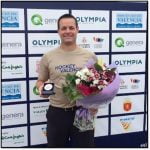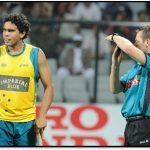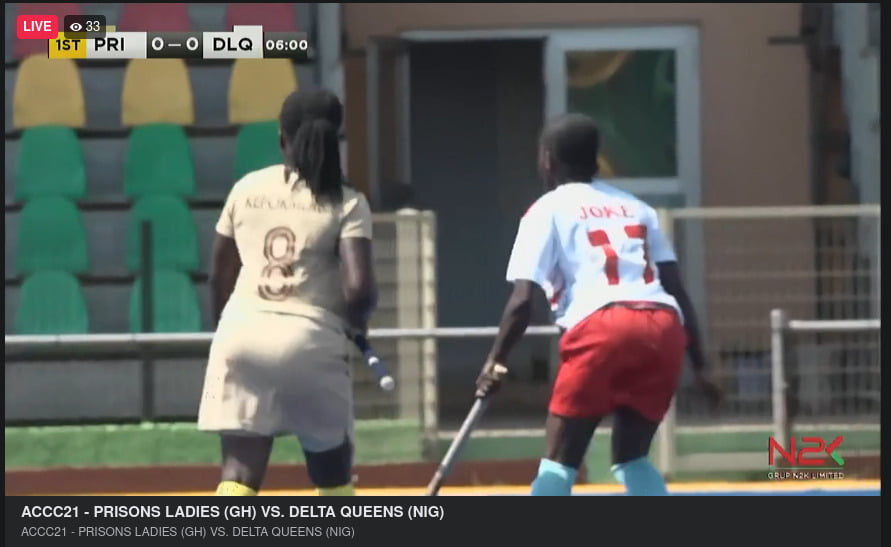Several things struck me when John Wright announced his retirement as an international hockey umpire a few months back. The announcement signalled the retirement of one of the finest hockey umpires of all time – certainly the best male hockey umpire South Africa has produced and, in fact the most celebrated umpire or referee in any sport in South Africa.
There is no South African official and few international ones who have umpired 3 World Cup finals (the last 3), 2 Olympic Finals (Athens and Rio), whilst also umpiring in 3 other Olympic Games. He also umpired numerous finals in Continental Championships in Europe, Oceania, Asia and Pan America, as well as Champions Trophy finals – a staggering career achievement and a CV beyond compare.
But it is more than that because other than the final in Rio (which I watched on TV) I was present for all the major finals he umpired. You have to be in the stadium to really absorb the reality of it.
The tension and pressure on an umpire in the red-hot cauldron of a final with a packed stadium and worldwide audience of millions is unbelievable. One mistake can change the direction of the game, the fate of the Gold Medal, the ultimate prize for any hockey player or athlete. The umpires are subjected to verbal abuse from the spectators, the players and the coaches including on-going “sledging” or verbal barbs. I have witnessed one of the world’s top hockey coaches running down the side-line verbally abusing John.
This against the back drop of the fact that hockey is one of the fastest ball games in the world with high levels of player congestion at times. A deflection, a subtle stick tap, or any other infringement can happen so fast, and an umpire focussing on the ball is also expected to pick up things happening off the ball!
Yet the calmness and quiet authority exhibited by John in the “heat of battle” was remarkable especially with the stakes so high. He managed this with dignity and aplomb.
After crucial games and handshakes all round, most players and coaches would acknowledge the excellent job he had done in that “cauldron”. A further hallmark of a great hockey umpire is the ability to work together with his fellow umpire on field and this teamwork is vital to ensure the best possible handling of the game. John was always able to ensure that he worked superbly well with his co-umpires.
South Africa’s great women’s umpire Marelize de Klerk conducted herself similarly and with great distinction also umpiring numerous gold medal matches. I am sure John and Marelize fed off each other’s success and helped pave the way for many other South African umpires to follow suit eg Gary Simmonds, Deon Nel and now Michelle Joubert, with John’s brother Peter also emerging as a top umpire. The mentoring role they played and involvement in South African hockey’s umpire development is notable.
I remember asking John after the World Cup final in The Hague if he had enjoyed the experience. He told me the tension and fear of making a crucial error was so big that it is difficult to enjoy these occasions in the fullest sense but the sense of satisfaction of a job well done is the dominant feeling. The enjoyment probably seeps in when one knows that you have done a job par excellence.
John Wright, I pay tribute to you for an unparalleled career in hockey umpiring – all done as a volunteer with no remuneration – which makes the achievement even more remarkable given the preparation and training required.
You can rightly feel tremendously proud and you have been a role model for young umpires at home and abroad, as well as South African and World Hockey.

